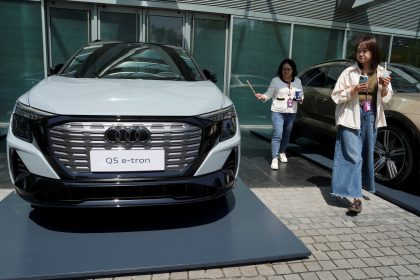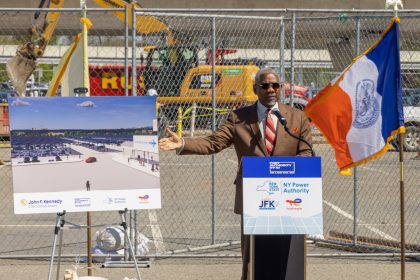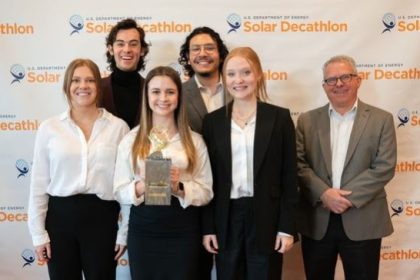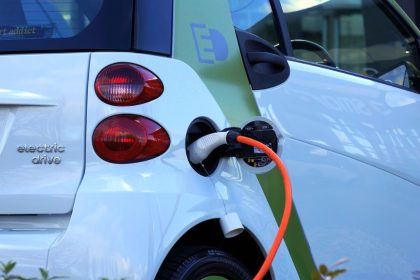Administration Seeks Applications for $47M in Funding Aimed at Advancing Hydrogen Research

WASHINGTON — The Biden administration is making a total $47 million in funding available to accelerate the research, development and demonstration of affordable clean hydrogen technologies.
The funding will be administered by the U.S. Department of Energy’s Hydrogen and Fuel Cell Technologies Office, which is looking for projects that will reduce costs, enhance the hydrogen infrastructure and improve the performance of hydrogen fuel cells.
According to administration officials, achieving these goals will accelerate the use of clean hydrogen across multiple business sectors.
The application process will include two phases: a Concept Paper phase and a Full Application phase. Concept papers are due on February 24, 2023, and full applications are due on April 28, 2023.
“Clean hydrogen is a versatile fuel essential to achieving President Biden’s vision of an equitable clean energy economy rooted in reliability and affordability,” said Energy Secretary Jennifer Granholm in a written statement.
“This funding will advance cutting-edge research and drive down technology costs to help unlock the full potential of clean hydrogen energy — providing another valuable resource to combat the climate crisis while creating economic opportunities in communities across the country,” Granholm said.
This funding opportunity focuses on RD&D of key hydrogen delivery and storage technologies as well as affordable and durable fuel cell technologies.
Fuel cell RD&D projects will focus particularly on applications for heavy-duty trucks, to reduce carbon dioxide emissions and eliminate tailpipe emissions that are harmful to local air quality.
These efforts will work in concert with hydrogen-related activities funded by Biden’s bipartisan infrastructure law, including the Regional Clean Hydrogen Hubs and an upcoming funding opportunity for RD&D to advance electrolysis technologies and improve the manufacturing and recycling of critical components and materials.
The DOE envisions awarding financial assistance awards in the form of cooperative agreements, with the estimated period of performance for each award being approximately two to four years.
The administration is encouraging involvement by applicant teams that include stakeholders within academia, industry and national laboratories across multiple technical disciplines.
Teams are also encouraged to include representation from diverse entities such as minority-serving institutions, labor unions, community colleges and other entities connected through Opportunity Zones.
Dan can be reached at [email protected] and























